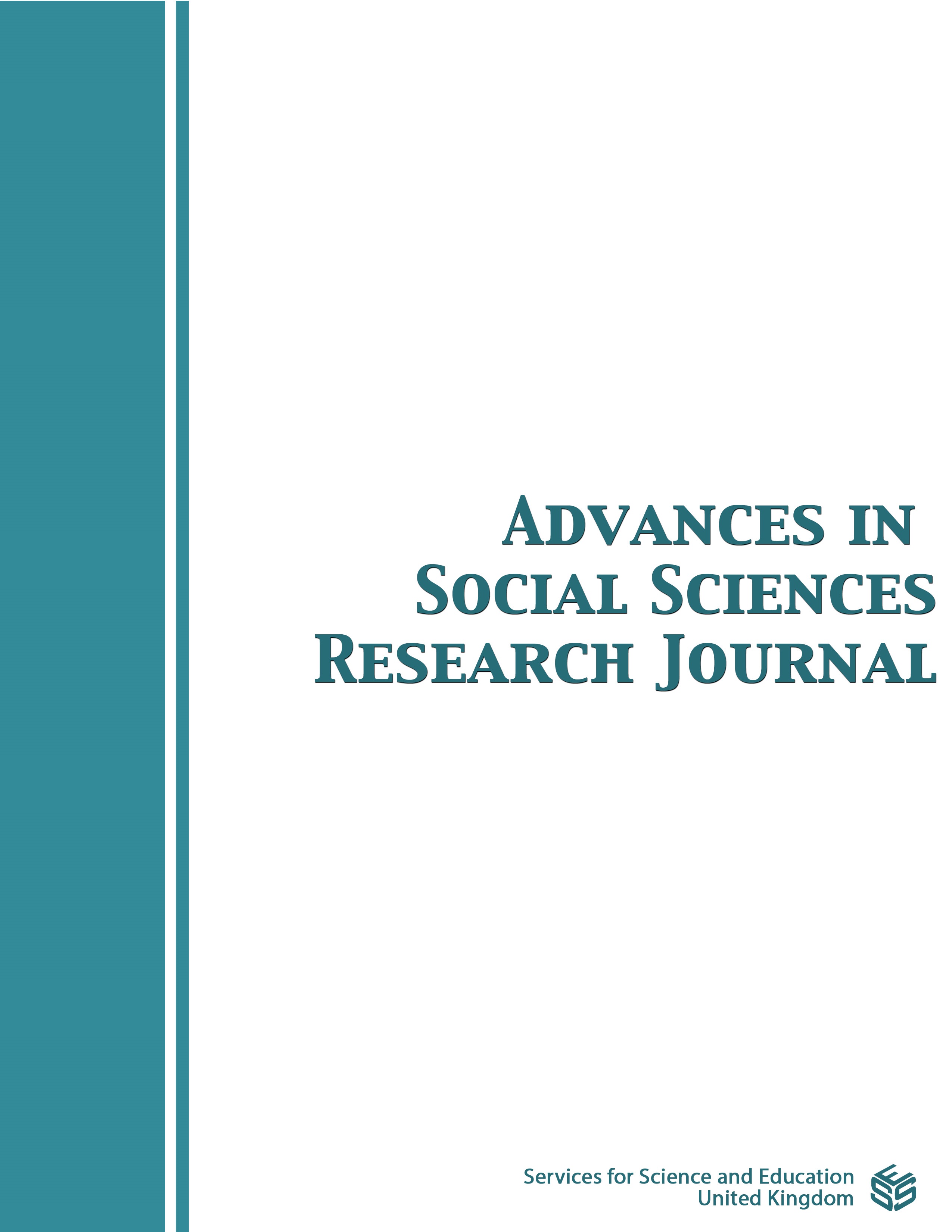Navigating Negative Events: How Ethical Perceptions Influence Consumer–Company Identification
DOI:
https://doi.org/10.14738/assrj.1204.18563Keywords:
consumer‒company identification, ethics statements, consumer experience, collectivismAbstract
This study examines how consumers’ perceptions of the quality of corporate ethics statements influence consumer–company identification (CCI) in the aftermath of negative events.A survey was conducted with 179 consumers of Didi, a prominent Chinese ride-hailing platform that faced public controversy.The findings indicate that the perceived quality of ethics statements positively impacts CCI. Furthermore, collectivism serves as a positive moderator, strengthening the relationship between perceived ethics statement quality and CCI. Conversely, consumer experience acts as a negative moderator, weakening this relationship. This research offers actionable insights for corporate relationship marketing strategies. Companies seeking to enhance consumer identification should prioritize genuine alignment between their actions and ethical statements, underscoring the critical role of corporate ethics in navigating consumer relationships during crises.This study contributes to the literature on corporate social responsibility (CSR) by shedding light on the role of consumers’ perceptions of ethical statements in the context of negative corporate events, with a focus on collectivist cultural settings.
Downloads
Published
How to Cite
Issue
Section
License
Copyright (c) 2025 Jianxin Ge, Xiaohan Li, Tong Li, Song Lin

This work is licensed under a Creative Commons Attribution 4.0 International License.
Authors wishing to include figures, tables, or text passages that have already been published elsewhere are required to obtain permission from the copyright owner(s) for both the print and online format and to include evidence that such permission has been granted when submitting their papers. Any material received without such evidence will be assumed to originate from the authors.






